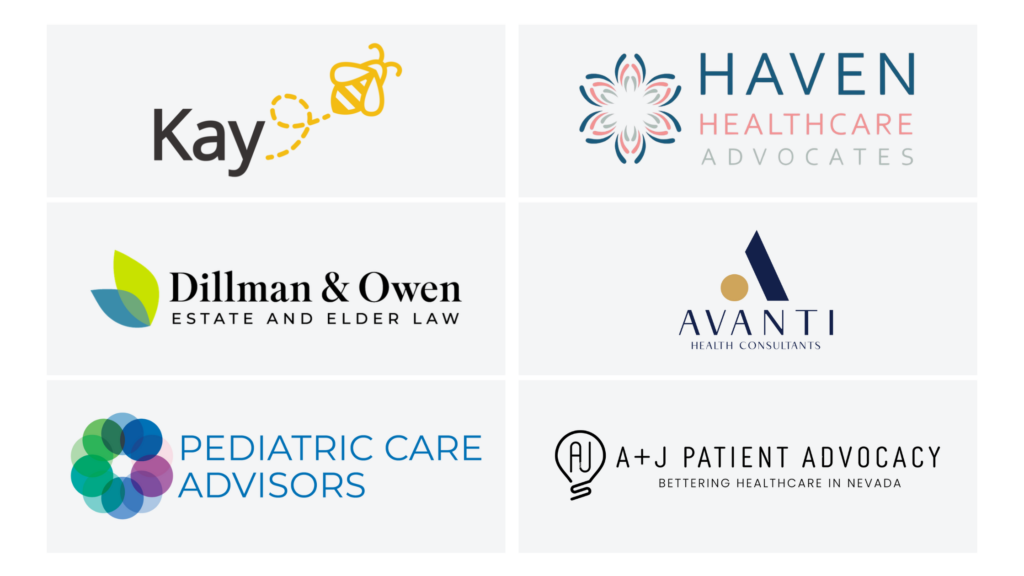Our visits with healthcare providers generate 80 megabytes of data in our electronic health chart every year. Yet, this critical health information is not always available at every doctor’s office or emergency room, nor is it kept over our lifetime. In addition, families learn gaining access to health information for their children and aging relatives is difficult when you are not the patient in the system. This is why patient advocates and the American Cancer Society recommend families keep a three-ring binder of health information. Primary Record is building a needed replacement to a family’s medical binder and folders.
Why a Three-Ring Binder?
Primary Record sat down with families and asked them directly when they began a three-ring binder and how they organized it.
Families create a variety of systems to keep track of health records. However, families who start three-ring binders often have family members who are aging, have a chronic condition requiring multiple providers, take multiple prescriptions or have a rare disease. They have a lesson to share with all families.
As the patient or family caregiver, we have the power of seeing each piece of the total puzzle.
– Krista Lemon
Medical three-ring binders allow families to pull health information from multiple places into one place, take their notes to understand what is happening and share with who they need to at any moment. The more the families traveled from point to point in healthcare, the more they realized how much the healthcare system is counting on them to explain the health story of their family members.
When asked what is in their three-ring binders, a pattern emerged of what families found critical to carry with them:
- Medication lists with their notes on reactions, tips, and who prescribed what
- A list of the providers they see and why
- Labs with notes about what is normal for them
- Notes from their discussions with other providers
- Reports related to surgeries, therapies, and pathology
- Medical history of what has been done and why
Where Patient Portals Fall Short
Patient portals are improving each day, but there are many reasons families are still turning to three-ring binders to help them organize and coordinate:
- Cannot combine multiple patient portals with seeing all lab trends in one place
- Difficulty sharing with multiple family members
- Require a call, fax, or appointment with the provider to correct or make accurate
- Cannot easily share summarized health information with community-based services like school nurses, nursing homes, or therapists
- Electronic health databases are not kept over someone’s lifetime
- Contract negotiations between providers and electronic health record companies impact a family’s access and functionality
Primary Record’s Promise
Since 2020, Primary Record has committed to helping families access and organize their health information and share it in meaningful ways that save them time, stress, and worry. At first, Primary Record focused on medical records in patient portals but soon learned from families that there is a lot more they put in their three-ring binder.
With today’s technology and the future of individuals having the right to access their health information in their consumer applications, Primary Record is building the application families need today.
Being family-centered has allowed Primary Record to focus on the problems too big to be solved by today’s electronic health record companies, which must serve the needs of health systems, hospitals, providers, and insurance. Ultimately, Primary Record wants to become every family’s medical homebase to help organize and share their health stories. We plan to accomplish this goal by working directly with the families who want to solve the challenges they face and the community organizations that support them.







